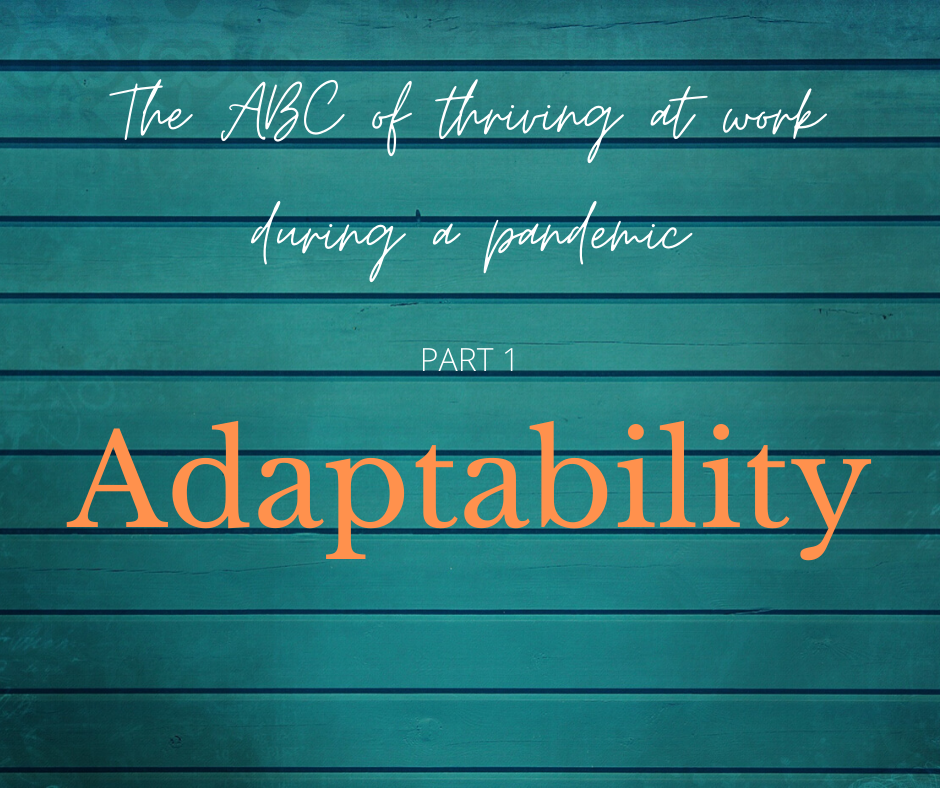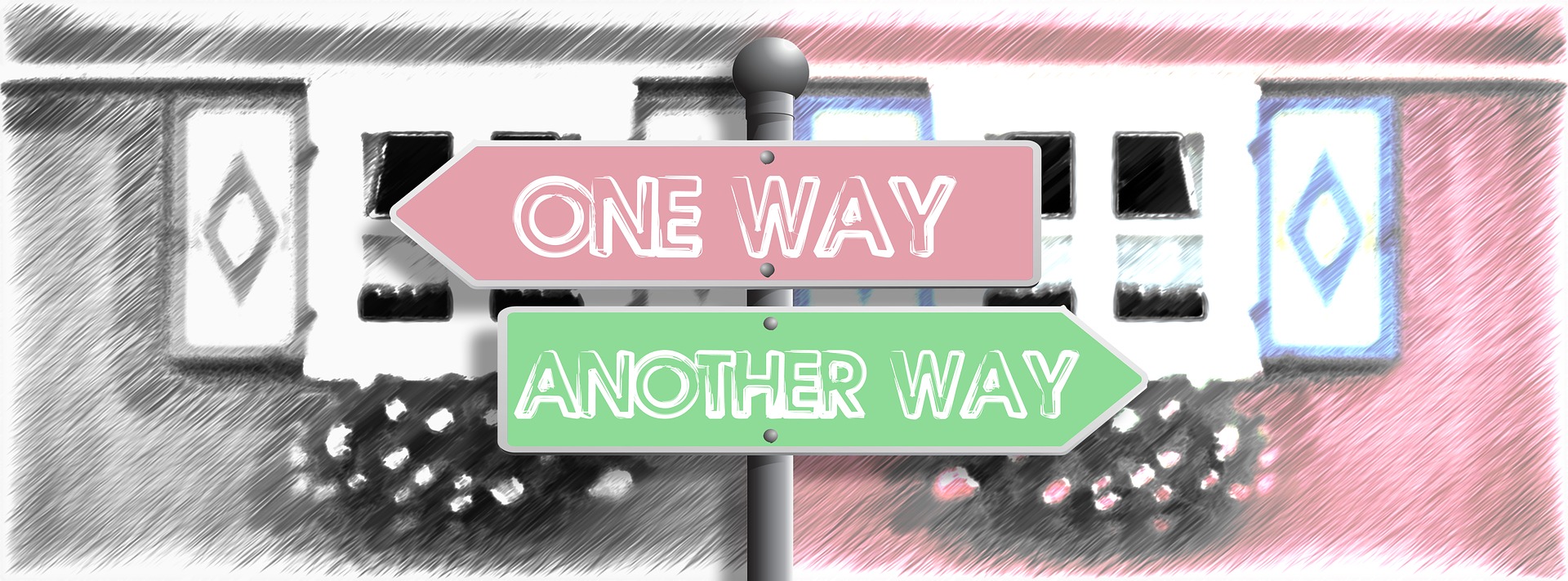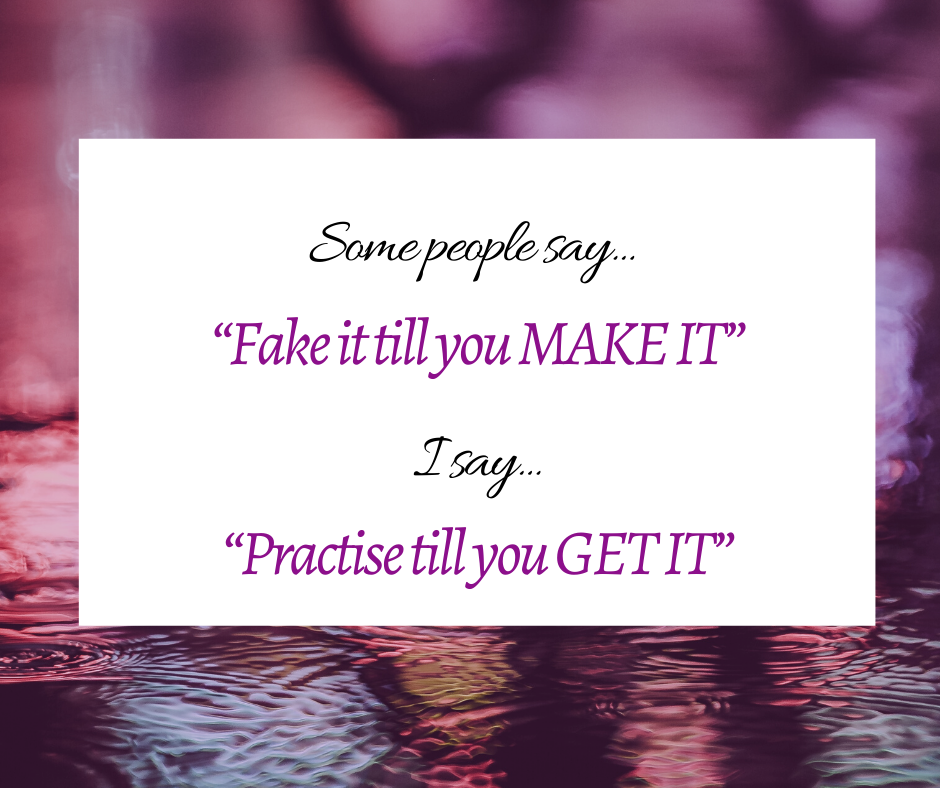
BOUNDARIES
One of the impacts of remote working has been the blurring of lines between work and home. Because we’re mostly working from home there’s been an increase in managers and co-workers stretching work time beyond the conventional.
The result is even more pressure to be available, to pick up calls in the evenings or to reply to emails late at night…to be “always on”.
The pressure of working longer hours, of home schooling and zoom fatigue has left many feeling exhausted.
To make things worse, the usual avenues of stress release such as going to the gym or meeting up with friends are not available. It’s no wonder the word ‘burnout’ has been making its rounds during this period.
To avoid burnout and ensure you thrive during this pandemic you must set up clear boundaries. Boundaries serve to remind people how you are, and are not, willing to be treated. They help you teach people how to treat you.
(Side note: the first time I heard that I could actually teach or train people how to treat me at work, I was blown away. I felt like I had been given this super power. Up to then I thought that people would treat me how they decide to and that I had no influence over the matter. Then I discovered the power inherent in phrases such as “No, that does not work for me” and “I’m not going to accept that” and “Let me know why you want me at that meeting”. And I’ve never looked back. It was a profound moment, one that has helped shape my experiences at work and in my career as a whole.)
As I was saying…boundaries are important! If you don’t set your own boundaries, others will define them for you, leaving you stretched, overwhelmed, under productive and eventually burnt out.
It can be tricky to set boundaries and keep them intact for a variety of reasons…
- Fear of upsetting others (especially senior leaders)
- Fear of confrontation (with managers or co-workers)
- Potential of a negative impact on your career (a career limiting move)
- Being a people pleaser (and wanting to be liked)
- Ego stroking (wanting to feel important or indispensable)
- Failure to prioritise our own needs (don’t want to appear selfish)
This last point is so important. It’s the reason we must have boundaries. We create them to take care of ourselves, not to control others. They exist to let people know how they can interact with us and how they should treat us. The clearer they are, the better!
Here are some areas you can set and clarify boundaries to thrive at work during this pandemic and into the new normal.
Space: have a clear delineation between your physical work space and off-work space. Once the work day is done, physically step away from your work space to let your brain (and your family) know that it’s time to focus on other things, like family or self-care. Make it a habit.
Time: make it clear to your manager and co-workers what time you’re available for work and that you’ll be away from your computer or work phone outside those times. That way it’s very clear when they are overstepping and you can point it out.
People: let negative people know that dwelling on the negative during this time does not help anyone and that to protect your mental state you are not prepared to indulge negative conversations.
Self: to stay mentally, physically and emotionally in tip-top shape, establish a routine or a structure for the day. Create time for work, home, family, exercise, relaxation etc. and fiercely protect that time.
For boundaries to work they must be specific and clear and, you must be consistent and persistent. Despite this, people will push or break your boundaries. What to do when people violate the boundaries you set is a whole other discussion and post.
However, here are 3 things you must NOT do:
- Don’t use someone’s personality to justify a boundary violation e.g. brush it aside by saying that they are prone to shouting and that they don’t mean to be disrespectful when they shout at you and treat you unprofessionally. Instead, let them know that shouting does not work for you and that although they are free to behave as they want, if they shout at you, you are going to walk away.
- Don’t make it your fault or doubt your boundary e.g. maybe I should not expect my manager to not contact me at 9pm because I’m really technically available. No! You’ve set a clear boundary (e.g. available till 6pm) so you can focus on other things like family or health. Stand firm!
- Don’t keep quiet, stew about the broken boundary and raise it sometime in the future e.g. remember the time, two weeks ago, when you called me repeatedly after 10pm to send you that file when I could have done so the following morning? Instead, tackle broken boundaries in the moment to ensure they are respected and that you’re not left brooding over them.
Remember, for boundaries to work they must be specific and clear and, you must be consistent and persistent.
If you’d like to discuss setting boundaries and how best to respond to boundary violations, you can reach me at nancy@thriveatwork.com.au. Speak soon!









